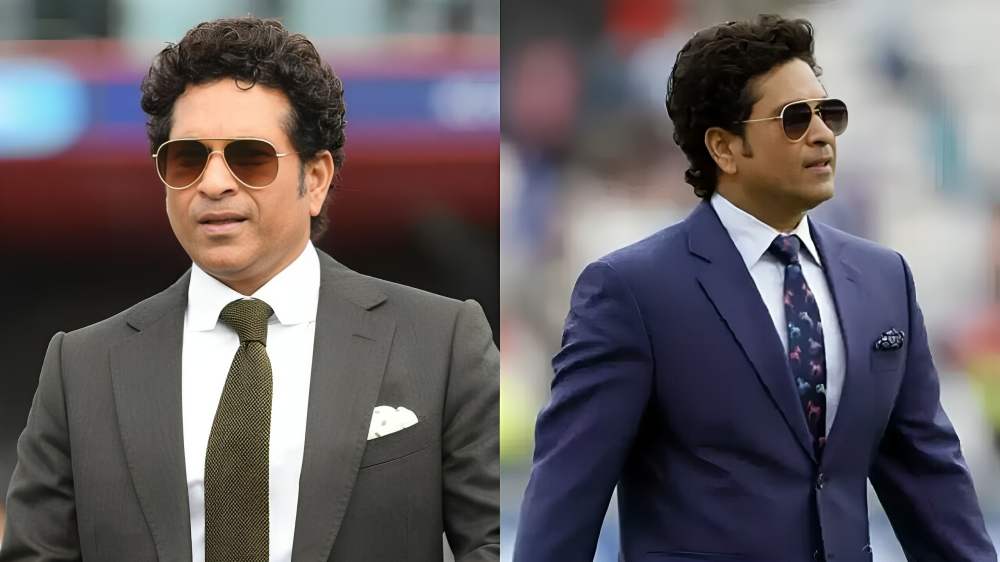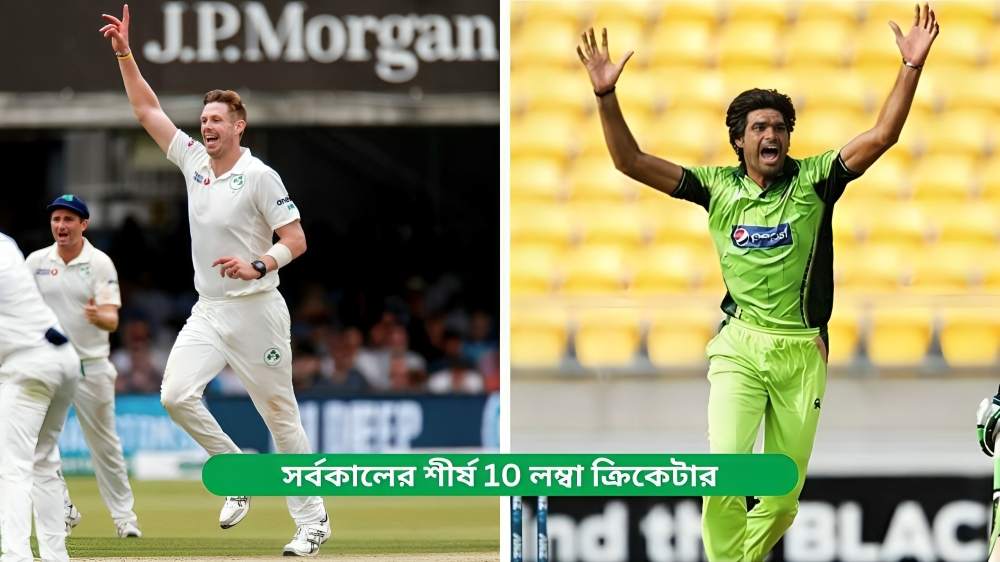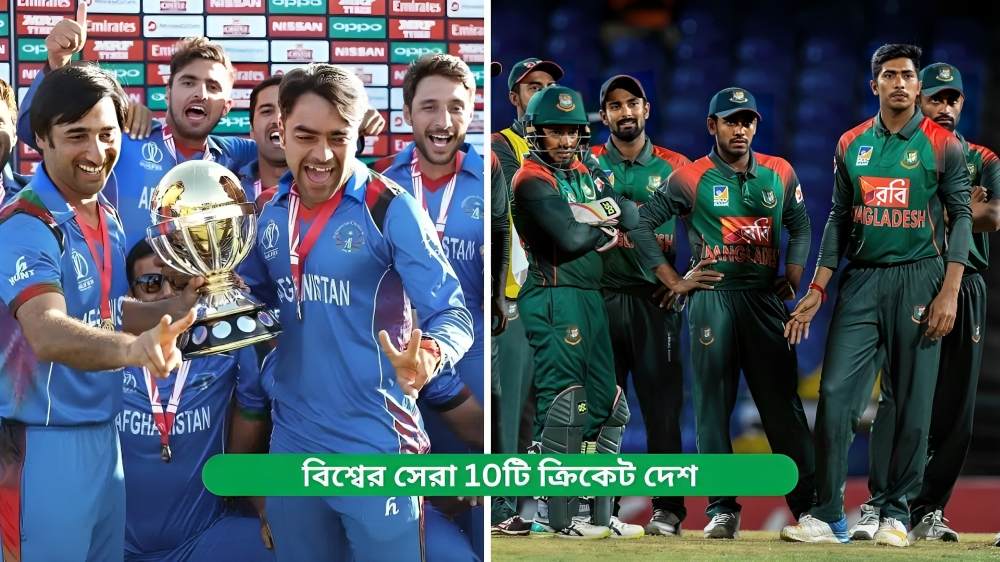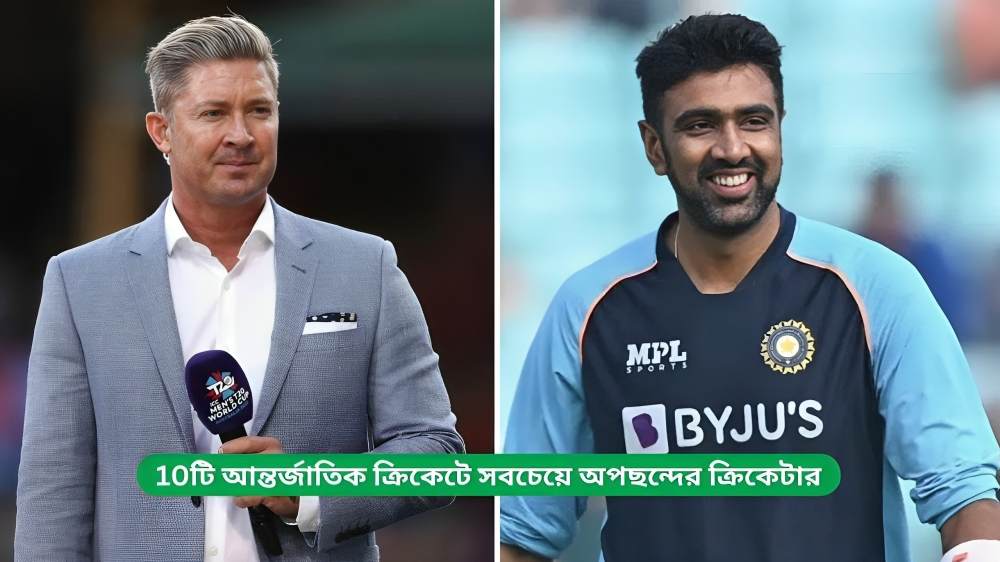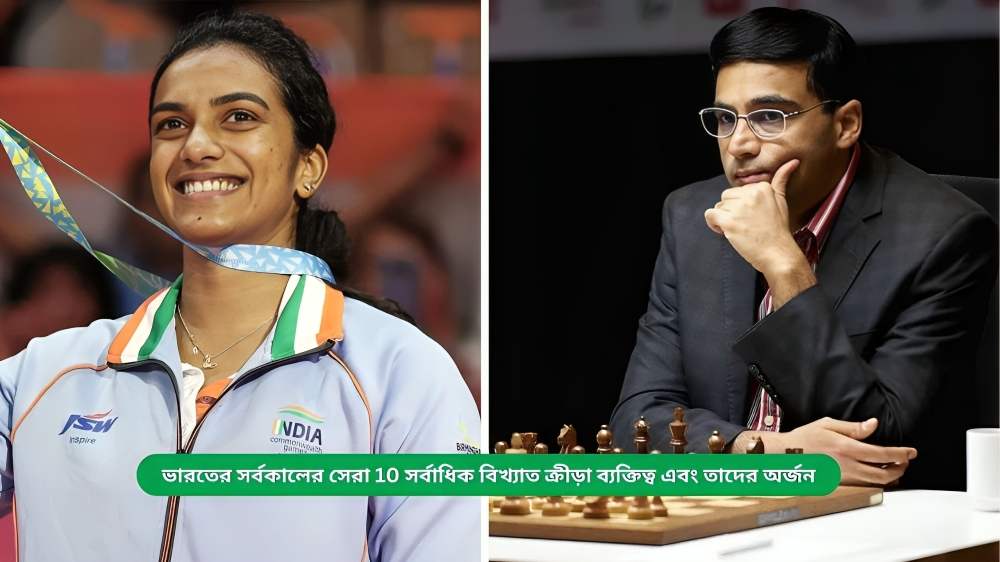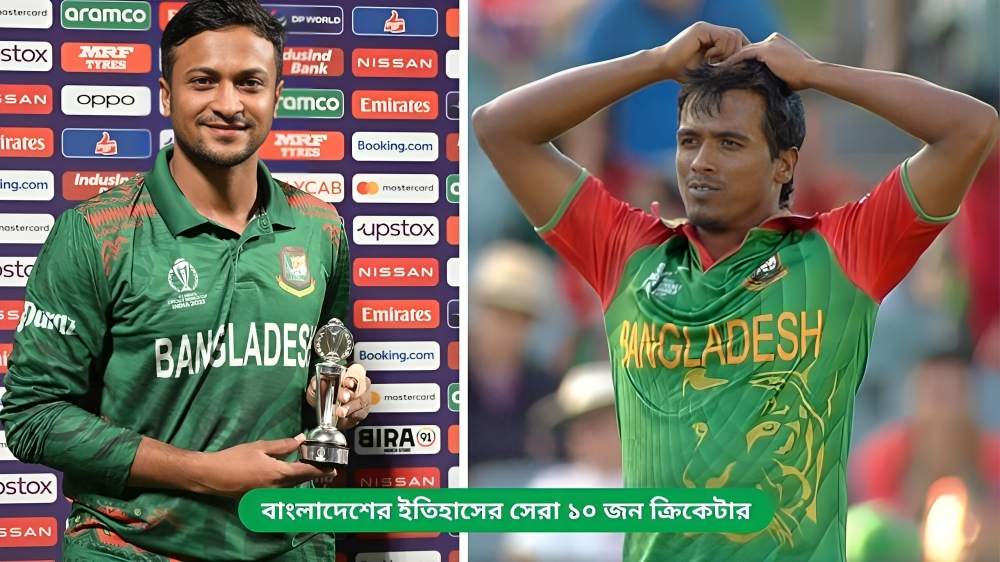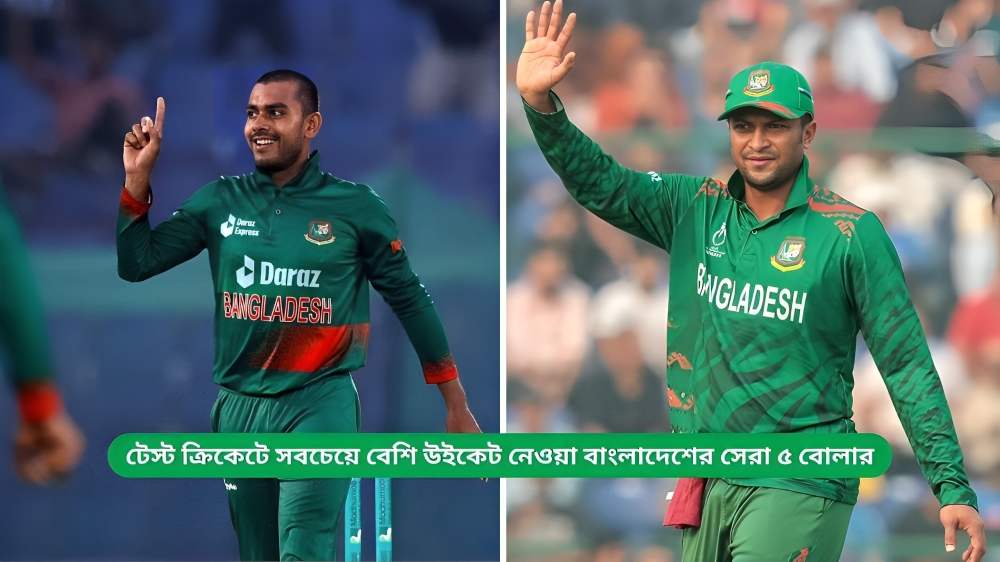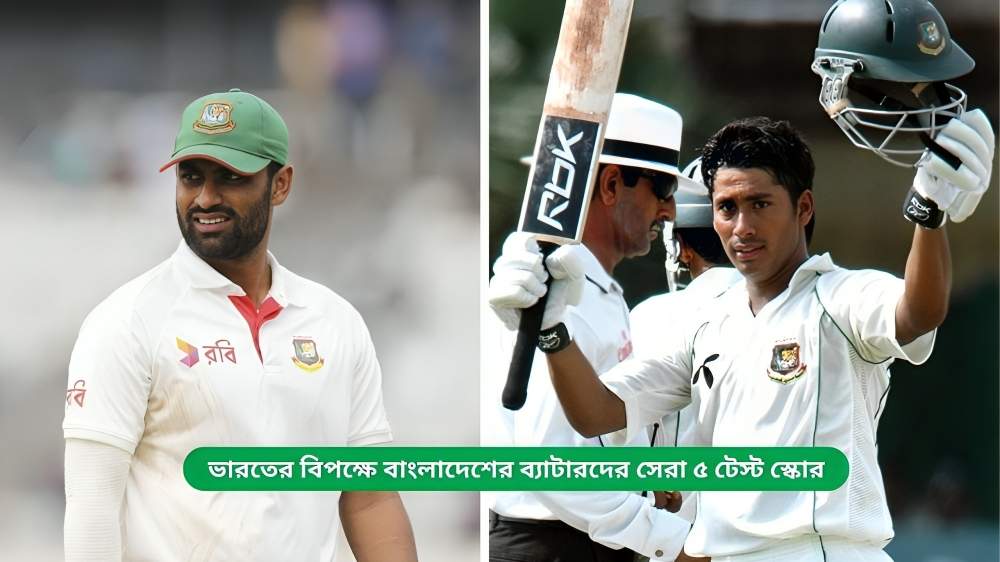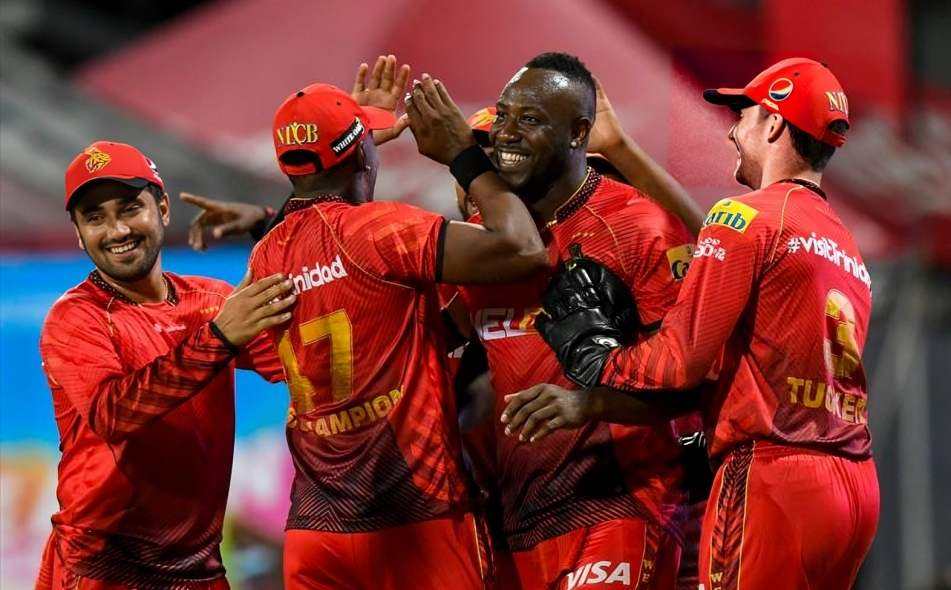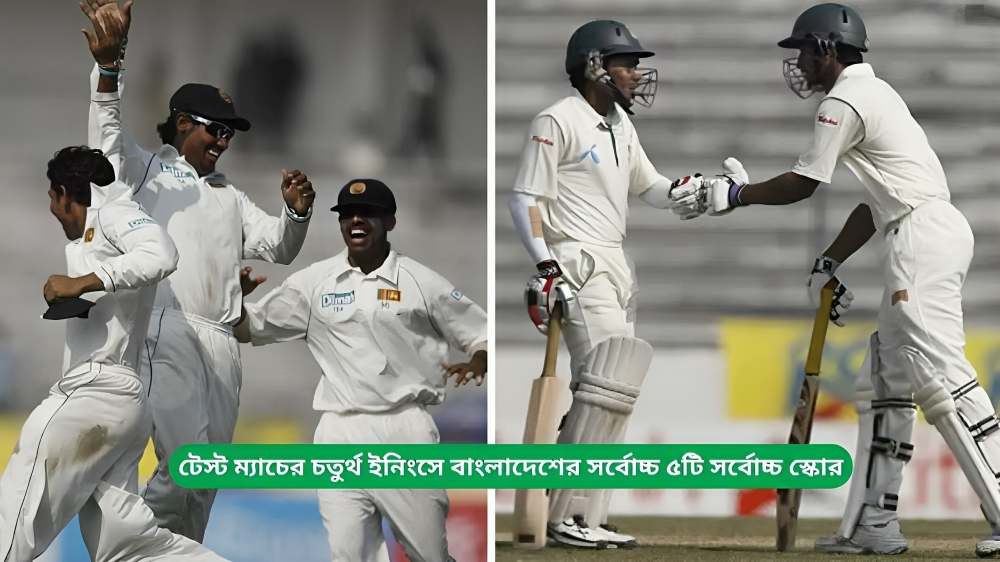The ban possibly closed one of cricket’s glorious chapters, on in which a team rose through the ranks to emerge as a force to reckon with and make their mark on the map of world cricket. In an age where many other disciplines are giving the ‘Gentleman’s Game’ stiff competition in the race for survival, the decline of a major power of yesteryear is a blow to the game, its game, and the romantics of this sport.
Table of Contents
Zimbabwe Cricket
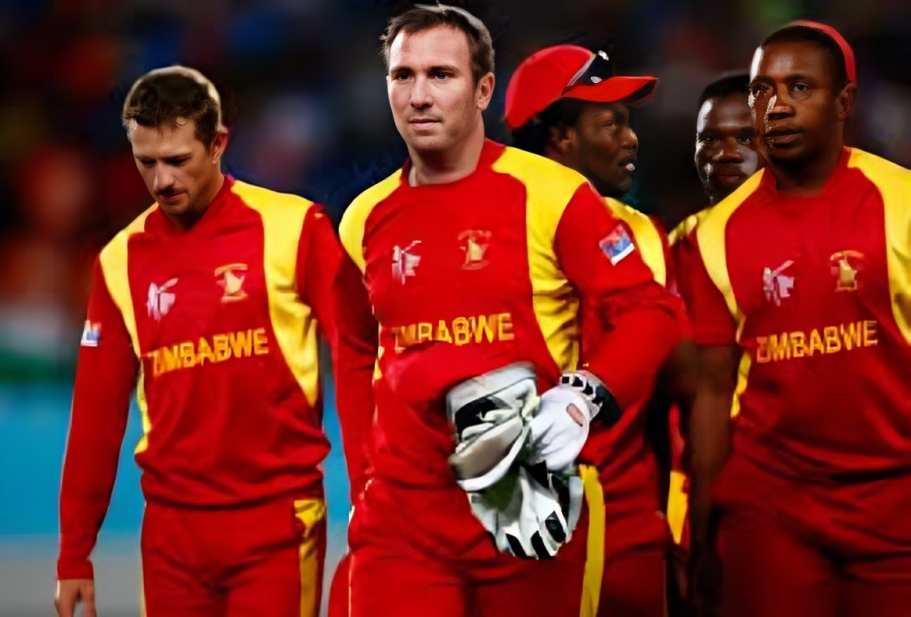
Formative years
Zimbabwe Cricket: Earlier known as Rhodesia, the country used to play in the South African domestic cricket tournament, the Currie Cup, till they gained independence on April 18, 1980, and on July 21, 1981, they became an associate member of the ICC. It was in the 1983 World Cup (then Prudential Cup) that Zimbabwe flirted with a grand tournament of ICC for the first time and rubbed shoulders with the heavyweights of the arena. They lost five out of six matches in that campaign but managed to defeat Australia by 13 runs to announce their arrival. In the 1987 World Cup though, they lost all their six group-stage matches, despite running New Zealand agonizingly close and losing by three runs. They did better in the 1992 World Cup, only slightly. Zimbabwe lost seven of the eight round-robin stage matches, with their only win coming against England, which is still considered one of the greatest upsets in the history of the game. Batting first, Zimbabwe scampered to 134, and then Eddo Brandes’ spell of 4 for 21 helped them to bundle out England at 125, giving the newcomers a nine-run win against one of the traditional powerhouses of cricket.
In July 1992, Zimbabwe Cricket was elevated to new heights as ICC granted them Test status, thus becoming the ninth nation to receive the honor. They experienced a horrid run in the first thirty Tests. They won just one Test, against Pakistan at home, a match where Grant Flower scored a mammoth unbeaten 201 and Heath Streak took nine wickets in two innings for 105 runs, including a six-wicket haul in Pakistan’s first innings. Henry Olonga, the first black cricketer to play for Zimbabwe, made his debut in this match.
Rise to prominence
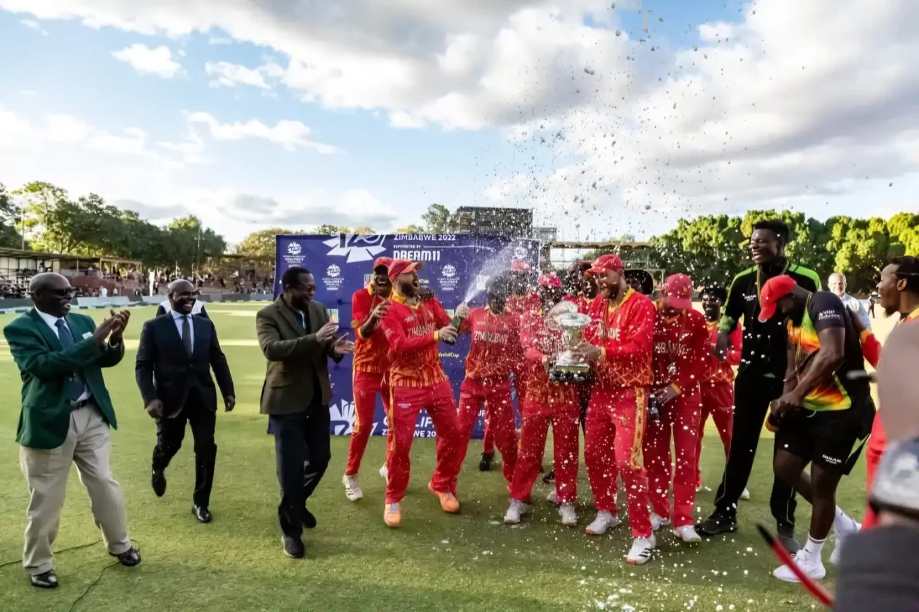
The five years, from 1997 to 2002, are widely described as the most productive phase for Zimbabwe Cricket, a phase where they finally emerged as a team ready to challenge the big boys. The team was blessed with some of the most talented cricketers of that time, with wicketkeeper-batsman Andy Flower and his brother Grant Flower, explosive all-rounders like Heath Streak and Andy Blignaut, talented batsmen like Murray Goodwin, and David Houghton, spinners Paul Strang and Brandes, pacers Neil Johnson and Henry Olonga forming a squad that was destined for excellence. And they began to conquer new frontiers. Zimbabwe bagged a 1-0 Test series (three-match series) win against Pakistan in 1998, that too in the latter’s home. In the same year, they also defeated India in a one-off Test in Harare by 61 runs.
Their best performance came in the 1999 World Cup, where they finished fifth in the Super Sixes. They defeated India by three runs in the group stage, and in the next match, they faced the eventual runners-up South Africa. Batting first, Zimbabwe scored 233 before reducing South Africa 48 runs adrift of the target. It was Zimbabwe’s first win against their neighbors, more decorated in cricket.
During this period, Zimbabwe defeated all Test-playing nations except Australia, clinched series victories against New Zealand both home and away in 2000–2001. The team also reached the finals of many multi-national one-day tournaments.
Beginning of the end
From 2003 onwards, Zimbabwe cricket went downhill because of prevalent racial discrimination in the country and the government’s repeated attempts to control the Zimbabwe Cricket Union (ZCU). In the 2003 World Cup that Zimbabwe and South Africa jointly hosted, Andy Flower and Olonga wore black armbands to mourn the ‘death of democracy’. They were immediately expelled from the team, an incident that caused tremendous embarrassment for the host nations.
In 2004, the then-captain of Zimbabwe, Streak was sacked by the ZCU. In protest, 14 other players walked out of the team to protest against the government’s increasing influence in cricket administration. In 2005, the infamous Operation Murambatsvina (Move the Rubbish) took place disrupting not only cricket but the entire social condition of the country. It was a large-scale campaign conducted by the Zimbabwean government to forcibly clear slum areas across the country. According to United Nations estimates, this affected at least 700,000 people directly through the loss of their homes or livelihood and thus could have indirectly affected around 2.4 million people. Robert Mugabe and other government officials termed it as a crackdown against illegal housing and activities, which in turn will reduce the risk of the spread of infectious disease. The slump continued, as the cricketers of Zimbabwe and the government were locked in a tussle where neither sides were willing to budge. In 2006, the Logan Cup, Zimbabwe’s first-class competition was suspended. Zimbabwe’s economic collapse and players not receiving their salaries for long periods only worsened the situation.


